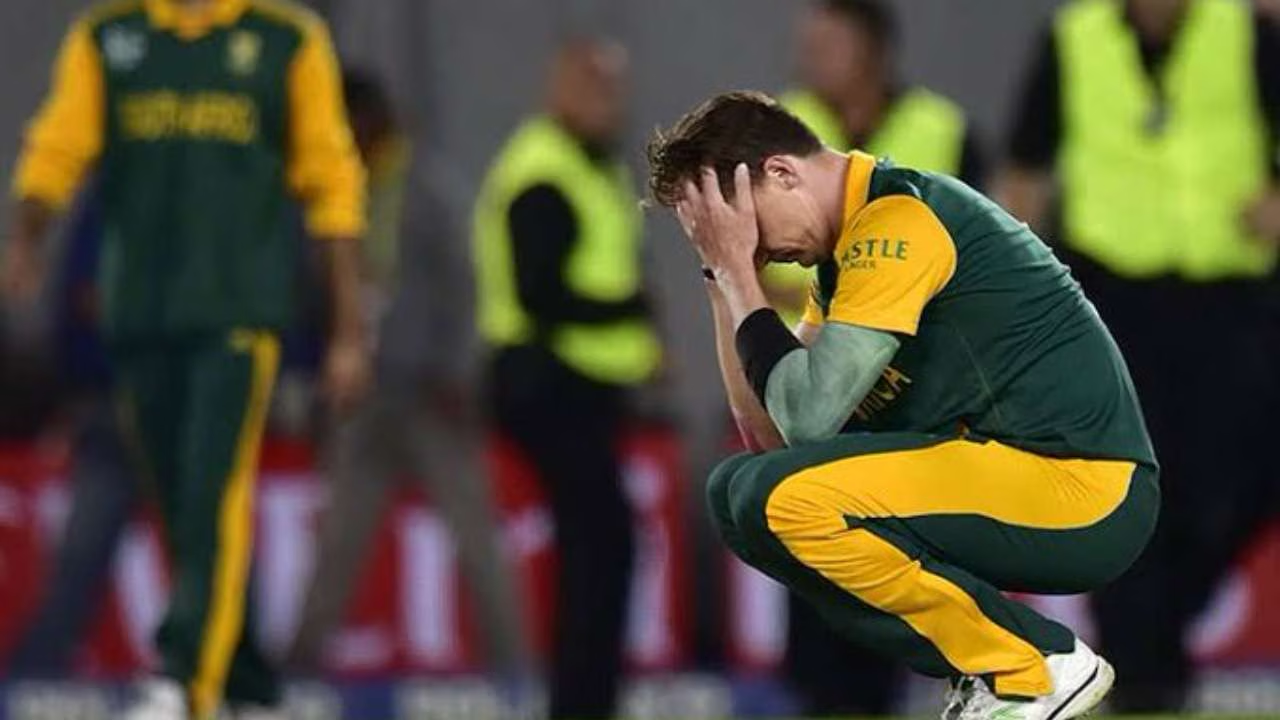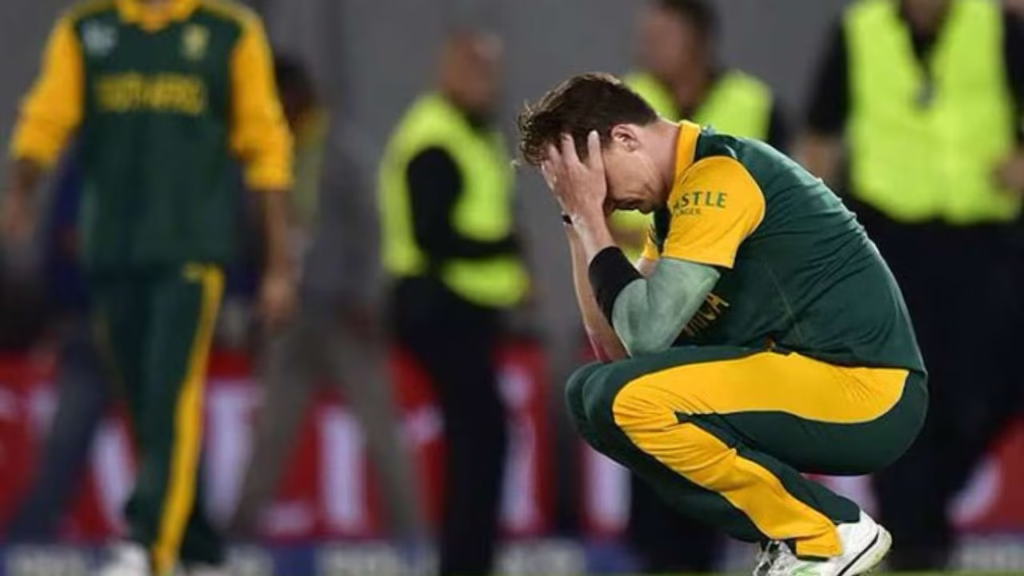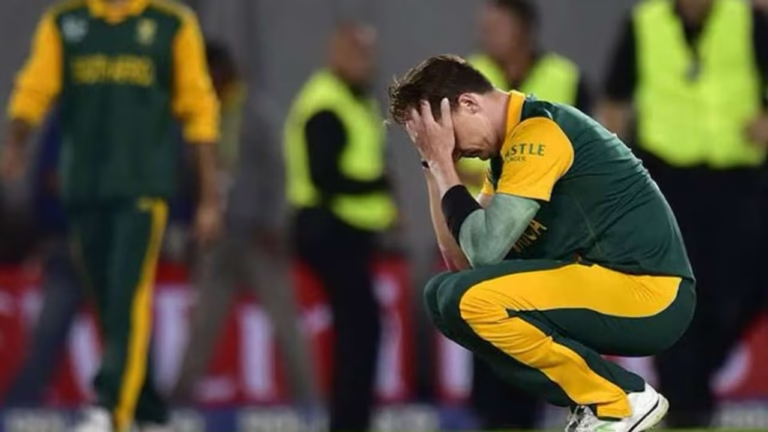Why South Africa Was Banned from International Cricket
South Africa’s exclusion from international cricket is a dark yet important chapter in sports history. The ban was not due to on-field misconduct, but rather the country’s internal political policies — specifically, apartheid.
What Is Apartheid?
Apartheid was a system of institutionalized racial segregation that existed in South Africa from 1948 to the early 1990s. Under this system, non-white citizens were discriminated against in nearly all aspects of life — education, housing, employment, and even sports.
The Cricketing Impact
Due to increasing international pressure, the International Cricket Council (ICC) suspended South Africa in 1970. This move came after South Africa refused to field or play against mixed-race teams. One notable incident was the cancellation of England’s tour in 1968 after South Africa objected to the inclusion of Basil D’Oliveira, a South African-born mixed-race cricketer in the English squad.
The Ban Period (1970–1991)
For 21 years, South Africa was excluded from international cricket. They missed out on World Cups, Test tours, and other global tournaments. However, the country continued to play unofficial matches and organized “rebel tours,” which were condemned by most cricketing nations.
For more: The Future of Business
Return to the Game
In 1991, after apartheid laws were dismantled and Nelson Mandela was released from prison, South Africa was welcomed back into the international cricketing community. They played their first official ODI against India in November 1991, marking a new beginning.
Conclusion:
South Africa’s cricket ban is a reminder that sports and politics are often deeply connected. Today, the country is an active and competitive part of international cricket, but the history of their ban remains a crucial lesson in the fight against discrimination.










